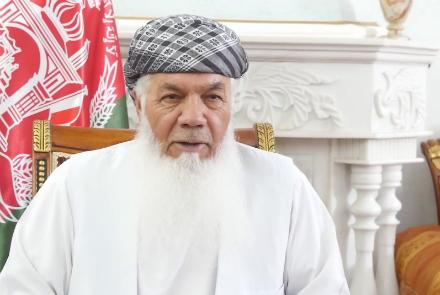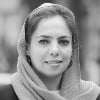A senior member of Jamiat-e-Islami party of Afghanistan, Mohammad Ismail Khan, on Thursday said opposition coming from within the government is stopping the appointment of members of the High Council for National Reconciliation, and that to date the council has not held any official meetings with its members.
The Reconciliation Council, led by Abdullah Abdullah, faces criticism for the delay in filling its member posts, something which will impact the decisions made by negotiators in Doha.
Khan said external opposition is causing the delay in the appointments of the members of the council.
“The reason that the negotiations of the Afghan government and the Taliban are not yielding a result is that there are some who are supporting, directing and strongly planning for this. The directions should have been given by the High Council for National Reconciliation, but, so far, the council has not filled all its member posts,” Khan said.
Following the criticism of the council, Abdullah Abdullah on Thursday met with former president Hamid Karzai and former mujahideen leader Abdul Rab Rasul Sayyaf and discussed the peace process, the Doha talks and recent developments in the country, Abdullah said on Twitter.
In August, President Ashraf Ghani in a decree announced the appointment of members of the leadership of the High Council for National Reconciliation. Former president Hamid Karzai and other prominent politicians were on Ghani's list but declared their opposition to being appointed. Abdullah’s office at the time said that the appointment of the council’s members was the duty of the council itself.
“The negotiating team in Doha will not have the authority to make decisions if the members of the High Council for National Reconciliation are not appointed,” said Shahzada Massoud, a former presidential adviser.
“Some activities have been carried out by the council and, also, some political movements have not provided the required cooperation in this respect,” said Fahim Kohdamani, an analyst.
Critics said the Doha talks would not have faced such a delay if the formation of the Reconciliation Council had been completed.
“Unfortunately, so far, the High Council for National Reconciliation’s members have not been appointed, for whatever reason,” said Faizullah Jalal, a university lecturer.
Meanwhile, the EU delegation in Kabul calls for the "swift establishment and operationalization of the High Council of National Reconciliation," a body designated to provide guidance to the peace negotiations.


